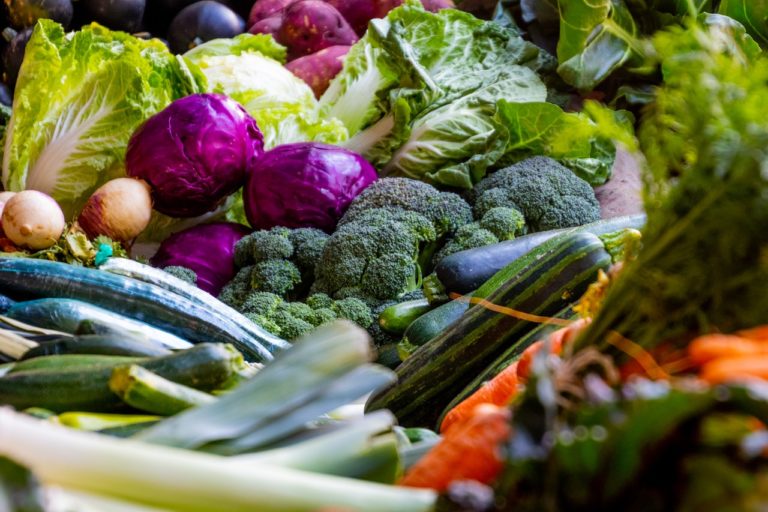Food waste is becoming a massive problem than most would realize. In fact, 1.3 billion tons of food is thrown away for various reasons, leading to substantial monetary losses alongside excess production of pollutive greenhouse gas, affecting the air you breathe and contributing to climate change.
Although the annual figure may be overwhelming, you can help reduce its effect by the following food waste tips that you can do at home or with your community.
Compost
Compost, start a small soup kitchen, donate food from groceries that are near expiry, and make meals for the needy, so they don’t have to go through rubbish at dumpster rentals. Alternatively, when members of the community learn about this, they won’t be throwing food in the dumpsters as well but segregating them properly.
Raise Awareness in the Community
One of the most significant challenges in reducing food waste is breaking people’s habits. So, if someone has been throwing away food scraps for decades, food waste reduction approaches such as composting leads to a sudden shift in behavior, which can be challenging. The best way to stick to these changes is by creating awareness regarding the detrimental effects of massive organic waste on the environment.
So, during your community meetings, raise awareness of the issue or suggest food waste prevention programs with your local officials.
Shop Smarter
Many people tend to purchase more food than they need, and though buying in bulk is convenient, this may lead to more food waste. So, to avoid buying more food than you need, making frequent trips to the grocery store every other day is ideal than making bulk shopping trips weekly.
Understand Expiration Dates
Keep in mind that ‘sell by’ and ‘expires on’ are very different. However, both do let consumers know when a product will most likely become spoilt. The issue here is that the governments don’t regulate these terms, meaning the task often gets left to the food producers or manufacturers to determine the date they think their products will likely spoil. The truth is, most of these that passed their ‘expiration date’ is still safe to consume.
The ‘sell-by’ term is used to inform retailers when the product needs to be sold removed from shelves. Meanwhile, ‘best by’ is the suggested date that consumers should use their products by, but neither means that the product is unsafe to consume after the given date. Although most of these are ambiguous, the best one you can go by is the label ‘use by,’ as it means the food may not be at its best quality past the intended date of consumption.

Store Food Appropriately
Improper food storage often leads to substantial food waste, and this food spoilage contributes to most households’ daily waste. That’s because many people don’t know how to store produce properly, leading to early ripening and faster rotting of fruits and vegetables. For example, garlic doesn’t do well in refrigerators and is best kept at room temperatures.
Meanwhile, for other foods like bread and biscuits, make sure to place them in a room temperature ambiance in tightly sealed storage units to avoid them getting stale fast. Lastly, for meat cuts, fish, and seafood, it’s no brainer that they need to be placed inside storage with cold temperatures.
Think Twice Before Throwing Food Away
Although mold growth is a definite indication that you need to throw out certain foods, it’s not always necessary to throw away foods slightly past their prime or expiration dates. For example, vegetables can slightly soften or even wilt when they’re just past ripe, but they’re still healthy and safe to eat or add to smoothies. You can use leftover or ‘soft’ scraps to make soup, broth, or baked treats, even stale bread can make great breadcrumbs for salads or morning toasts.
Donate
Although food has become more convenient to access nowadays, the reality is, there are many individuals in communities facing food insecurity every day. So, if you have leftovers that you’ll know go to waste and don’t plan on eating them, it’s an excellent idea to donate to local food pantries, shelters, schools, church programs, or hand them out personally to the homeless.
This act not only reduces food waste and saves the environment, but it also gives you the satisfaction of helping out in your community.
There are countless ways you can reduce and recycle leftover food, and the tips mentioned not only will help you waste less food but also help you save money and time. By making these changes in your habit alongside your community, you can make positive changes and conserve some of the planet’s valuable sources, taking some pressure off mother nature.

